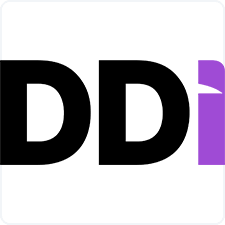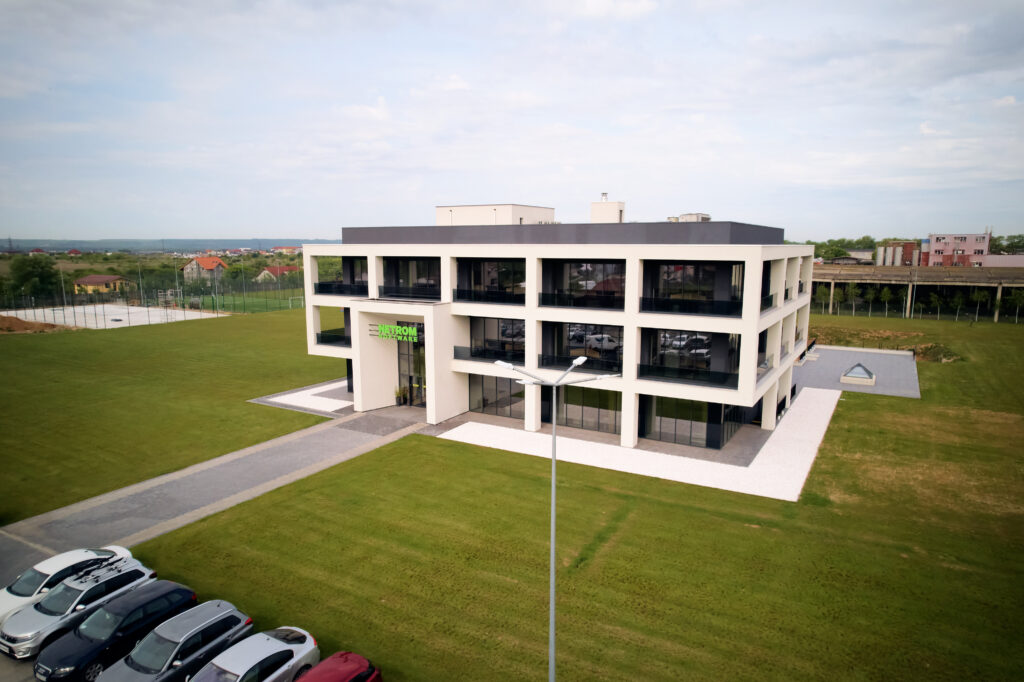In the run-up to the collaboration with NetRom, discussions about project feasibility were held, explains Taseen Akhtar, product owner at Inpact and DDi. “In doing so, we presented in detail what our goal is and what we think we need: with regard to the number of people, and in terms of technology stack and domain knowledge. The NetRom team, in turn, provided insight into comparable solutions they had previously developed and provided insight into the architecture and the technologies they use.”
“We also compared our working methods with NetRom’s. This resulted in a great deal of mutual recognition. A year before we started working with NetRom, we began to improve our internal development processes. This was due to the successful growth of DDi, in particular the development team. As a result, under the guidance of professionals, we fully switched to working according to the Agile and DevOps principles. Looking back, I am very happy with this step. Partly for this reason, we could quickly start developing the new platform with NetRom, without having to pay extra attention to the development process,” Akhtar explains. Sticking closely to agile principles would increase the possibilities of a hybrid development team, also because NetRom focuses on ‘T-shaped’ professionals. “Working according to Agile and DevOps means that you are jointly responsible for the result. As a developer, you must therefore run tests now and then,” says Akhtar.
Plans were finalized in the spring of 2022. Immediately after the summer holidays, a DDi team visited Romania to get to know the organization and hold a kick-off meeting. Akhtar: “That’s when you get to know the team and organization: how do they work, where are the employees, what’s their day like? They will soon be your colleagues in a virtual team. There’s an hour time difference, how do you work around that? After our visit, NetRom made all the necessary preparations for the start of the project.”
Akhtar explains the composition of the hybrid team: DDi’s in-house product owner, scrum master, architect, and developers work together with developers at NetRom.
“NetRom takes care of end-to-end testing of new software components that have been added to the application. Developers are supported by a NetRom project manager, who arranges everything related to the availability of the NetRom developers and is also a Subject Matter Expert. In the unlikely event that someone drops out, the project manager arranges a seamless transfer within NetRom, so that the impact on the project is minimal. In the Netherlands, a situation like this would result in a gap in your schedule. The project manager also shares questions and issues with other NetRom teams, as best practices are actively exchanged.”







